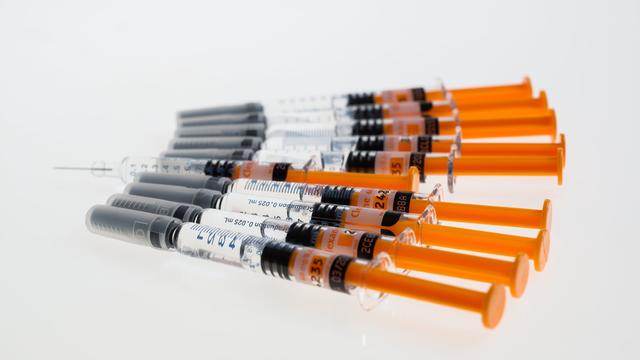Several Hamilton parks to have needle disposal bins installed
Published December 2, 2019 at 12:02 am

The City of Hamilton announced plans last week to install needle disposal containers in select locations around the city to help reduce the number of improperly discarded needles and to promote the
The City of Hamilton announced plans last week to install needle disposal containers in select locations around the city to help reduce the number of improperly discarded needles and to promote the safe disposal of sharps in public places.
A sharps bin is a durable container that is used to safely dispose of needles and other sharp medical instruments.
The installation of sharps disposal bins, the city said in a news release issued last week, is a proven harm reduction effort that increases public safety.
Michelle Baird, Director, Epidemiology Wellness and Communicable Disease Control for Hamilton Public Health, told InTheHammer that this is a joint project between Public Health Services and Public Works which is being done within the existing harm reduction budget.
This initiative is being undertaken to complement community efforts to address issues related to drug use and addictions and to support harm reduction, one of the four pillars identified in the Hamilton Drug Strategy, the news release said.
Baird said that while needle stick injuries aren’t reported to public health, they are a danger to “anyone who uses the park, including our own workers.”
Based on a targeted approach, the City’s Parks Department and Public Health Services worked together to identify the following eight City parks where sharps disposal bins will be installed:
- Beasley Park
- Cathedral Park
- Central Park
- Jackie Washington Park
- J.C. Beemer Park
- John Rebecca Park
- Victoria Park
- Woodland Park
The sharps containers are bright yellow, freestanding, clearly labelled and will be emptied regularly by trained professionals. The bins will be installed over the next few months, a news release from the city says.
“The needle bins will be emptied regularly by trained professionals,” Baird explained in an email. “A contract has been established to allow for this to happen. The needles are sent to a biohazardous waste disposal agency who do this work on a routine basis.”
Ensuring that all people who use needles can access safe disposal and that stray needles, also called sharps, are dealt with promptly and safely is a priority for the City.
Baird pointed out that “while community needlestick injuries can be a painful and traumatic event, the risk of contracting a disease is low.”
She noted that even though disease transmission from a discarded needle is possible, needles found in the community are less likely to result in infection than those in health-care settings because they have been exposed to the environment and the injuries are usually superficial.
If you happen to come across improperly disposed of needles in the community, information on what to do is available on the City’s website, or by calling 905-546-4276 or emailing [email protected].
insauga's Editorial Standards and Policies advertising





